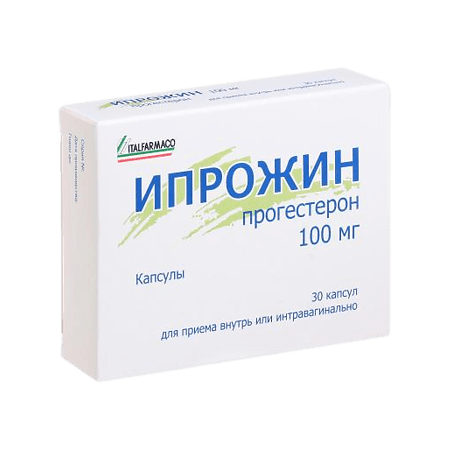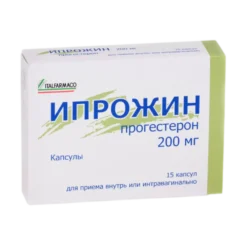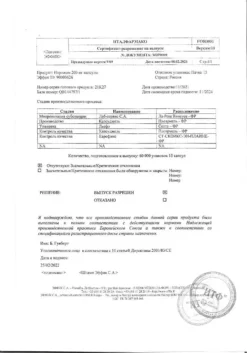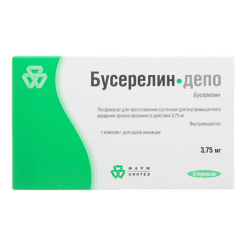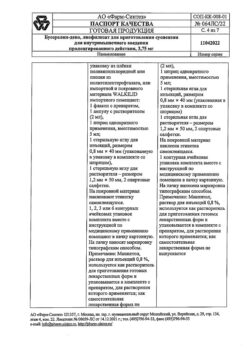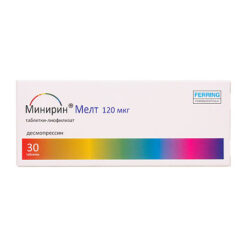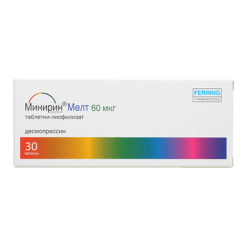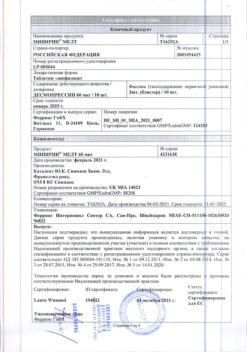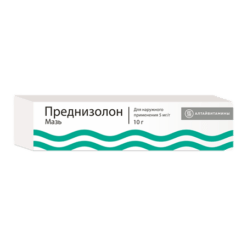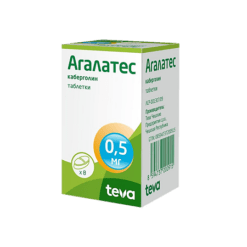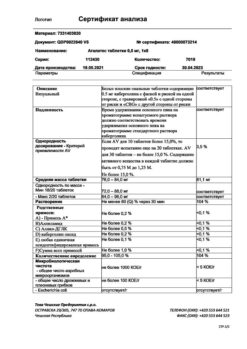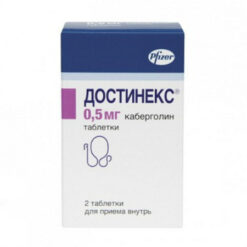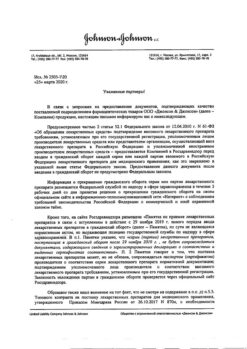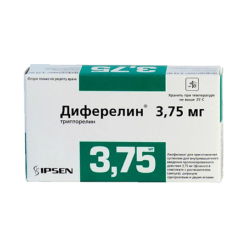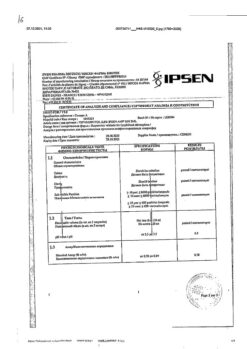No products in the cart.
Iprozhin, capsules 100 mg 30 pcs
€10.12 €8.86
Description
Iprogene is a gestagen, a hormone of the corpus luteum. Binding to receptors on the surface of target organ cells, it penetrates the nucleus where, by activating DNA, it stimulates RNA synthesis.
It promotes the transition of the mucous membrane of the uterus from the phase of proliferation caused by follicular hormone to the secretory phase and, after fertilization, to the state necessary for the development of the fertilized egg.
Limits the excitability and contractility of the uterine and fallopian tube musculature and stimulates the development of terminal,
mammary gland elements.
Stimulating protein lipase, increases fat reserves, increases glucose utilization by increasing basal and stimulated insulin concentration, promotes glycogen accumulation in the liver, increases aldosterone production; in low doses it accelerates and in high doses it suppresses production of gonadotropic hormones of the pituitary; reduces azotemia, increases urinary nitrogen excretion. Activates the growth of the secretory division of mammary gland acini and induces lactation. Promotes the development of normal endometrium.
Pharmacokinetics
When taken orally it is well absorbed in the gastrointestinal tract, time to reach Cmax is 1-3 hours. After taking 200 mg, plasma progesterone concentration increases from 0.13 ng/ml to 4.25 ng/ml after 1 h and is 11.75 ng/ml after 2 h, 8.37 ng/ml after 3 h, 2 ng/ml after 6 h, 1.64 ng/ml after 8 h.
In intravaginal administration, the progesterone is rapidly absorbed, the high concentration of progesterone in plasma is observed after 1 hour. The time to reach Cmax is 2-6 hours. When administered 100 mg 2 times/day, the average concentration is 9.7 mg/ml for 24 hours. When administered more than 200 mg, the progesterone concentration corresponds to the first trimester of pregnancy. The binding to plasma proteins is 90%.
Metabolized in the liver with the participation of the enzyme system CYP2C19. The main metabolites are 20-alpha-hydroxy-delta-4-alpha-pregnanolone and 5-alpha-dihydroprogesterone. It is excreted by the kidneys – 50-60%.
Indications
Indications
Premenstrual syndrome, fibrocystic mastopathy; premenopause, menopause, incl. premature, postmenopausal – as a gestagenic component of hormone replacement therapy (HRT) in combination with estrogens
Pharmacological effect
Pharmacological effect
Iprozhin is a gestagen, a hormone of the corpus luteum. By binding to receptors on the surface of cells of target organs, it penetrates into the nucleus where, activating DNA, it stimulates RNA synthesis.
Promotes the transition of the uterine mucosa from the proliferation phase caused by follicular hormone to the secretory phase, and after fertilization – to the state necessary for the development of a fertilized egg.
Reduces the excitability and contractility of the muscles of the uterus and fallopian tubes, stimulates the development of terminal,
elements of the mammary gland.
By stimulating protein lipase, it increases fat reserves, increases glucose utilization, increasing the concentration of basal and stimulated insulin, promotes the accumulation of glycogen in the liver, increases the production of aldosterone; in small doses it accelerates, and in large doses it suppresses the production of gonadotropic hormones of the pituitary gland; reduces azotemia, increases nitrogen excretion in urine. Activates the growth of the secretory section of the acini of the mammary glands and induces lactation. Promotes the development of normal endometrium.
Pharmacokinetics
When taken orally, it is well absorbed from the gastrointestinal tract, the time to reach Cmax is 1-3 hours. After taking 200 mg, the concentration of progesterone in plasma increases from 0.13 ng/ml to 4.25 ng/ml after 1 hour and is 11.75 ng/ml after 2 hours, 8.37 ng/ml after 3 hours, 2 ng/ml after 6 hours, 1.64 ng/ml – after 8 hours.
When administered intravaginally, it is quickly absorbed, a high concentration of progesterone in plasma is observed after 1 hour. The time to reach Cmax is 2-6 hours. When administered 100 mg 2 times a day, the average concentration is 9.7 mg/ml for 24 hours. When administered more than 200 mg, the concentration of progesterone corresponds to the first trimester of pregnancy. Communication with plasma proteins – 90%.
Metabolized in the liver with the participation of the CYP2C19 enzyme system. The main metabolites are 20-alpha-hydroxy-delta-4-alpha-pregnanolone and 5-alpha-dihydroprogesterone. Excreted by the kidneys – 50-60%.
Active ingredient
Active ingredient
Progesterone
Composition
Composition
Active ingredient:
progesterone 100 mg
Contraindications
Contraindications
tendency to thrombosis;
acute forms of phlebitis or thromboembolic diseases;
bleeding from the vagina of unknown origin;
incomplete abortion;
porphyria;
established or suspected malignant neoplasms of the mammary glands and genital organs;
hypersensitivity to any of the ingredients of the drug.
With caution: diseases of the cardiovascular system, arterial hypertension, chronic renal failure, diabetes mellitus, bronchial asthma, epilepsy, migraine, depression; hyperlipoproteinemia, lactation period.
Side Effects
Side Effects
Drowsiness, transient dizziness (1–3 hours after administration), menstrual cycle disorders (contraction, intermediate bleeding).
Storage conditions
Storage conditions
In a place protected from light, at a temperature not exceeding 25 °C
Shelf life
Shelf life
3 years
Manufacturer
Manufacturer
NextPharma Ploermel, France
Additional information
| Shelf life | 3 years |
|---|---|
| Conditions of storage | In a light-protected place, at a temperature not exceeding 25 °C |
| Manufacturer | Italpharmaco S.p.A., Italy |
| Medication form | capsules |
| Brand | Italpharmaco S.p.A. |
Other forms…
Related products
Buy Iprozhin, capsules 100 mg 30 pcs with delivery to USA, UK, Europe and over 120 other countries.

